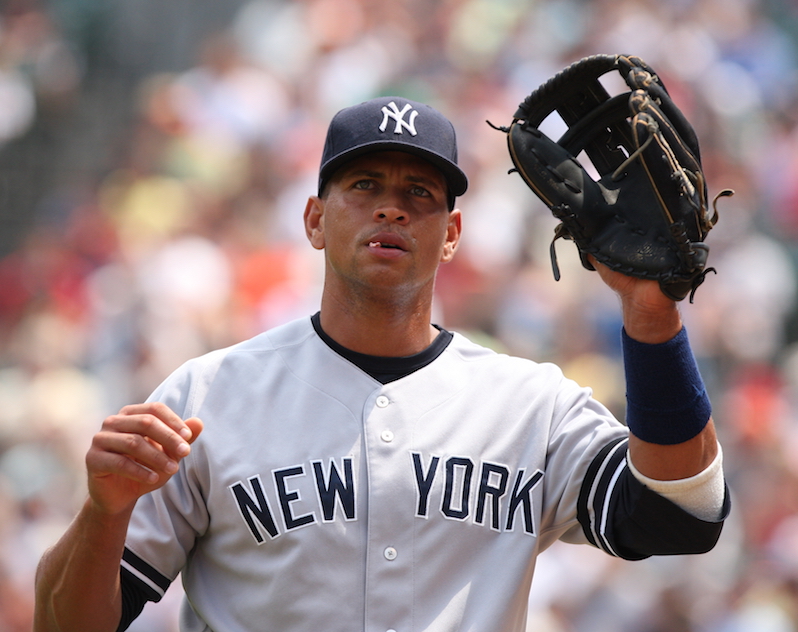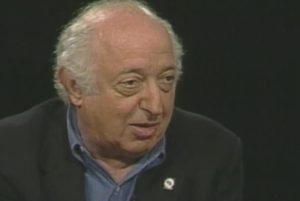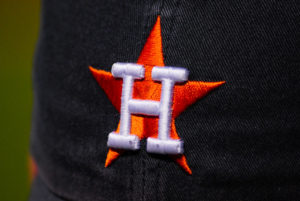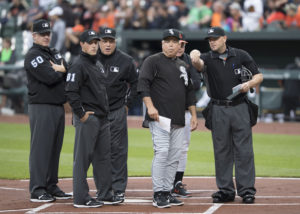Why Alex Rodriguez Belongs in the Hall of Fame
A-Rod was not the most-liked player in baseball history, but drug use or not, he was one of the best. Alex Rodriguez finished his 22-year career with a .295 batting average, 696 home runs and 2,086 runs batted in. (Keith Allison / CC BY-SA 2.0)
1
2
Alex Rodriguez finished his 22-year career with a .295 batting average, 696 home runs and 2,086 runs batted in. (Keith Allison / CC BY-SA 2.0)
1
2

Alex Rodriguez finished his 22-year career with a .295 batting average, 696 home runs and 2,086 runs batted in. (Keith Allison / CC BY-SA 2.0)
Independent journalism is under threat and overshadowed by heavily funded mainstream media.
You can help level the playing field. Become a member.
Your tax-deductible contribution keeps us digging beneath the headlines to give you thought-provoking, investigative reporting and analysis that unearths what's really happening- without compromise.
Give today to support our courageous, independent journalists.





You need to be a supporter to comment.
There are currently no responses to this article.
Be the first to respond.